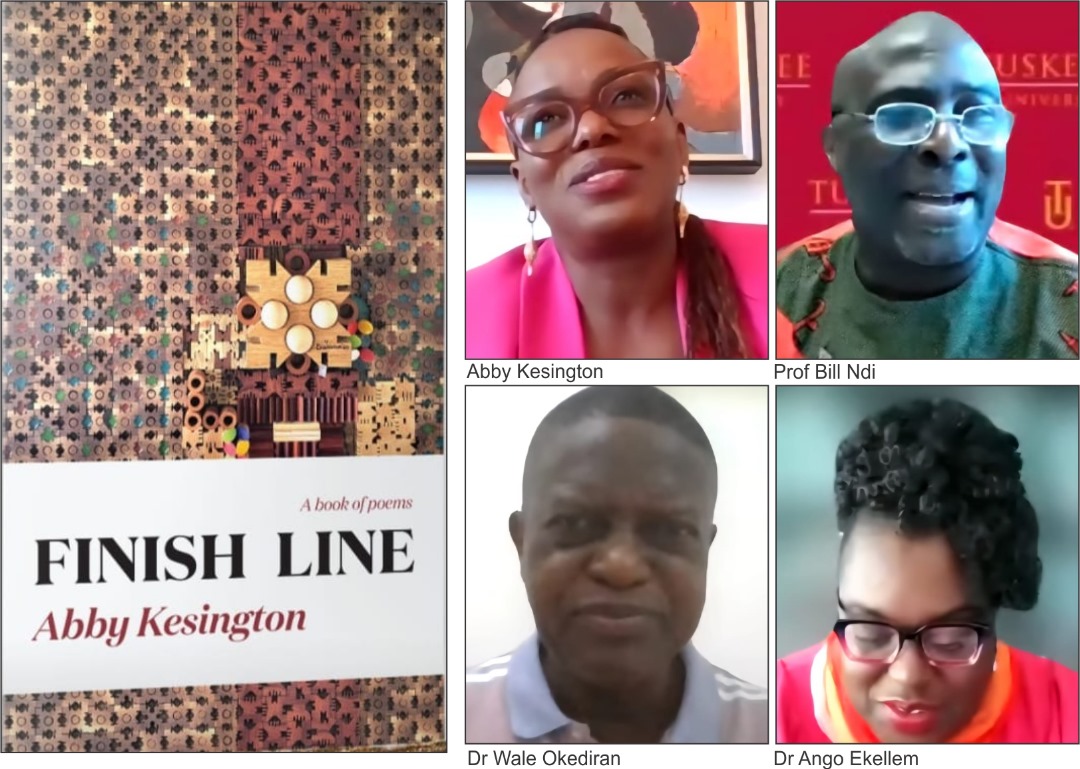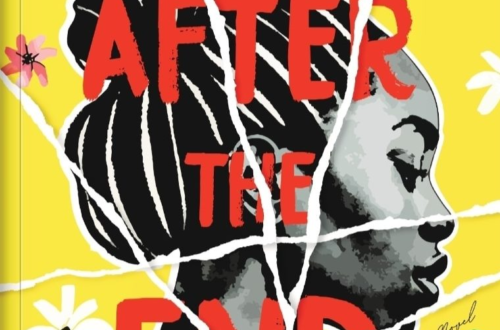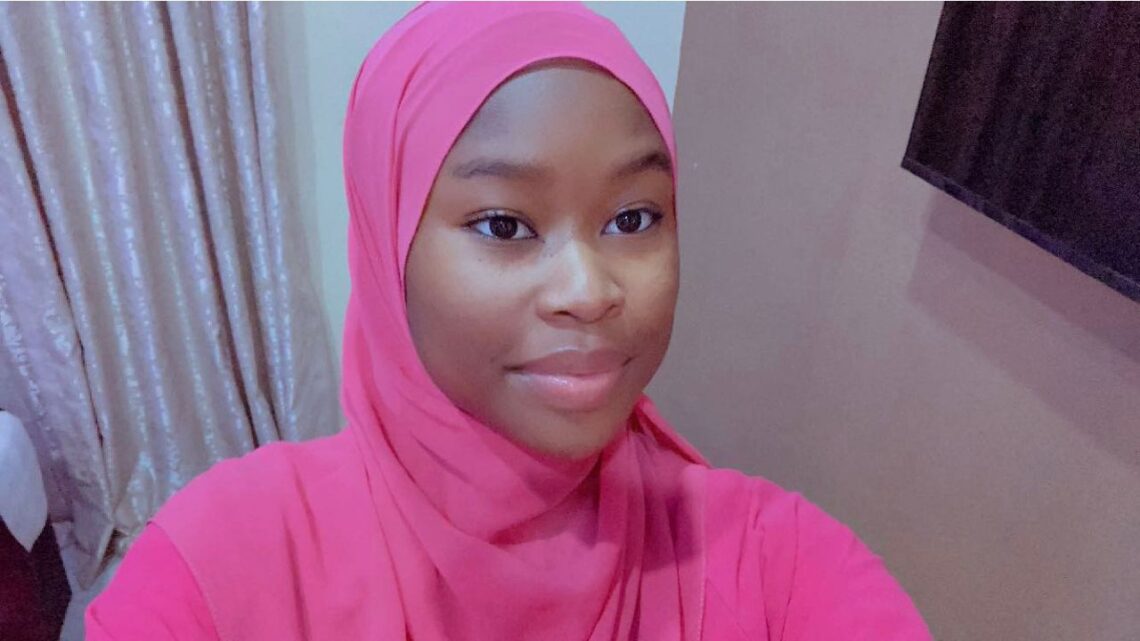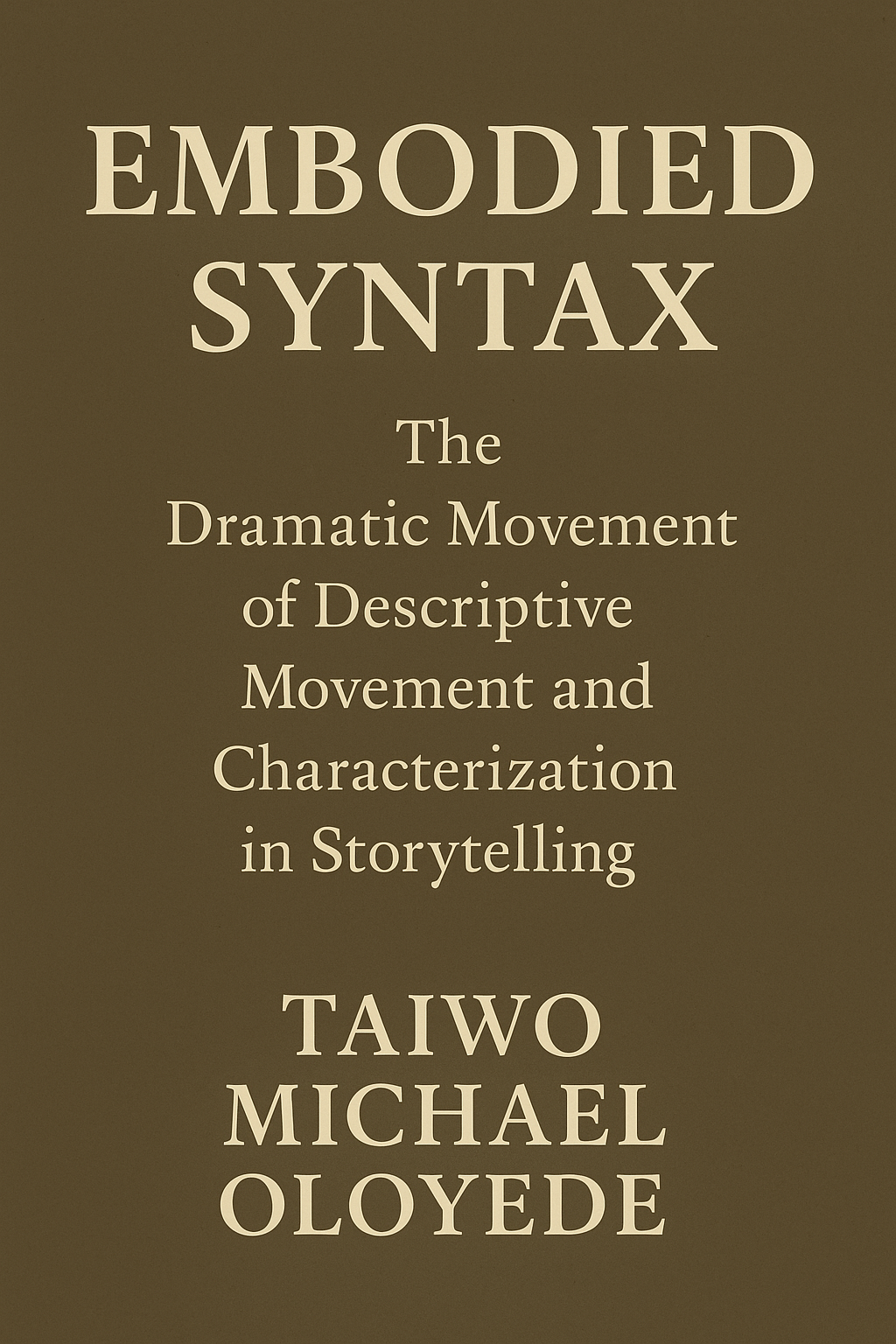By Happiness Chuzaram Stephen Can generational patterns be broken, or do they inevitably resurface in our lives? “The evil that men do lives after them. The good deeds is oft interred with their bones” –William Shakespeare , Julius Caesar. Another significant literary device used to convey the novel’s themes critically is symbolism. The term ‘Brexit’ which is a blend of ‘British Exit’ referring to the United Kingdom’s departure from the European Union is symbolic within the narrative. It parallels Google’s (Ademola Phillips’) exit from the lives of Idera and their children. Just as Brexit triggered numerous political and social issues…
-
-
Taiwo Michael Oloyede The Pan African Writers Association (PAWA), through its diaspora arm— Writers of African Origin in the Diaspora (WAFORD)—has launched Finish Line, the debut poetry collection by US-based Nigerian poet Abby Kesington. The virtual event, hosted by WAFOD Coordinator Prof. Bill Ndi, was more than a book unveiling; it became a celebration of resilience and self-discovery. Kesington, who poured years of emotional struggle and transformation into her work, described Finish Line as “a piece of my soul.” “I wrote it while grappling with job loss, depression, and a search for my voice,” she said. “Every stanza carries pain,…
-
A Review of Abdulrazaq Salihu’s poem, “Ode to memory” by Yusrah M. Dzukogi Ode to memory.At our first date you sought signsOf a bloodbath in my eyes.Other than love, nothingHad the guts to rest in the glimmerOf my eyes. Your lips have exhaustedTheir light to lick at my wound.There was a part of the moonIn our wine cups. There was memoryOf a gazan massacre on the softnessOf our steaks. Outside, in the pretence of calmness,Namenj’s sai watarana syncs with the night.Reflection was our wayof kissing the things we never haveTo reach. We hid our tonguesUnder each other’s mouth.Your teeth are…
-
Yusrah staring into the distance, pink scarf crestfallen on shoulder.
-
by Taiwo Michael Oloyede In the framework of storytelling, drama does not unfold solely in what characters say, but in how they move, what they inhabit, and the weight their bodies bear through space and time. The dramatic movement of descriptive movement—gestures, posture, pace, stillness—extends beyond stage directions. It belongs deeply to characterization and to the unspoken grammar of conflict. Together, movement and description form the unsung music of drama: they render atmosphere kinetic, transform language into action, and make characters legible even in their silence. Characterization, in its richest dramatic sense, is not a function of monologue alone. As…
-
Taiwo Michael Oloyede Few artists command the kind of global reverence that Wizkid does. Over the years, he has honed a signature sound—effortlessly smooth, dance-inducing, and rooted in Afrobeat’s fluidity. With Kese, a standout track from his Morayo album, Wizkid leans into what he knows best: stripped-down production, velvety melodies, and an understated, yet hypnotic rhythm. But while Kese is an undeniably infectious track, does it push boundaries, or does it merely reinforce an already perfected formula? At its core, Kese is a groove. The song is designed to get listeners moving, fusing Afrobeat percussion with a sultry, mid-tempo bounce.…
-
Taiwo Michael Oloyede Yemi Alade builds a sonic world that carves a new continent of sound, her voice sweeps through highlife guitars, Afro-pop beats, and pulsating percussions. She is not just a singer; she is an empress of rhythm, a griot draped in color, straddling Afrobeats, highlife, coupé-décalé, R&B, and soul with an effortless command. Her debut album, King of Queens, was not just an introduction but a proclamation. The world took notice when Johnny arrived, a song so infectious it marched across Africa, conquering dancefloors from Lagos to Nairobi, Accra to Johannesburg. The album fused Afropop with reggae, highlife,…
-
Ife Abe Ahmed Ololade, known professionally as Asake, is one of the most electrifying voices in contemporary Afrobeats. Blending Fuji, Afrobeats, Amapiano, and street pop, he has carved out a distinct sound that resonates from the streets of Lagos to arenas worldwide. His music—marked by high-energy beats, anthemic choruses, and Yoruba-infused lyricism—has made him a cultural phenomenon, redefining how the world experiences Nigerian street music. From the Streets to Stardom Born in Lagos, Nigeria, Asake’s musical journey was deeply rooted in the rich traditions of Yoruba music. Inspired by Fuji legends like Pasuma, Kwam 1, and the rhythmic dynamism of…
-
Taiwo Michael Oloyede Temilade Openiyi, known professionally as Tems, is a singer, songwriter, and producer who has reshaped the global soundscape with her ethereal voice and emotionally charged music. Rising from Lagos, Nigeria, her artistry blends Afrobeats, neo-soul, and alternative R&B, carving a unique space that bridges African rhythms with contemporary global sounds. Born on June 11, 1995, in Lagos, Tems was immersed in music from a young age. Her mother’s eclectic taste in soul, jazz, and Afropop introduced her to the expressive depth of artists like Aṣa, Lauryn Hill, and Erykah Badu. Singing became her sanctuary, and by her…
-
Ife Abe Divine Ikubor, known globally as Rema, is a trailblazer in the modern Afrobeats scene, blending traditional African rhythms with elements of trap, R&B, and global pop. Born in 2000 in Benin City, Nigeria, Rema’s rise to stardom was meteoric, fueled by his unique sound, genre-fluidity, and an ability to craft melodies that resonate across continents. Discovered by D’Prince, the younger brother of Don Jazzy, Rema was signed to Jonzing World/Mavin Records in 2019. That same year, he released his self-titled EP Rema, which included the breakout hit Dumebi. The song catapulted him to international fame, earning millions of…











